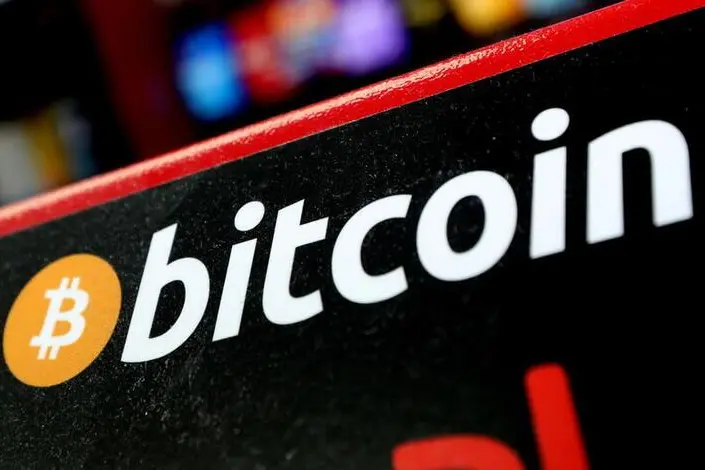PHOTO
(The author is a Reuters Breakingviews columnist. The opinions expressed are his own.)
NEW YORK - The bull case for bitcoin is pretty simple. It’s a form of payment that can be used anywhere in the world; its supply is limited, so it should preserve its value when inflation picks up; and it can’t be manipulated, especially by central bankers or governments. After a recent plunge, the crypto-asset is currently scoring zero out of three.
Bitcoin’s value has dropped almost 50% in two weeks to below $40,000, dragging siblings like ether with it. Culprits include China, which on Tuesday banned financial firms dealing in cryptocurrencies, and Tesla boss Elon Musk, who has backed away from a previous plan to buy, hold and accept payment for his electric cars in bitcoin. The battery of bad news has driven shares in crypto-exchange Coinbase Global below their $250 initial public offering price from April.
For diehard cryptocurrency advocates, the volatility is the point, because it shows the value of the asset is set by users, and not by central banks. Technology investor Cathie Wood of Ark Invest still thinks bitcoin could hit $500,000, she told Bloomberg on Wednesday. For most investors, though, such swings are the hallmark of speculative exuberance. The $92 billion of bitcoin traded on Tuesday was more than 10 times the turnover in Apple, even though the U.S. company’s market capitalization of $2 trillion is roughly three times the value of all bitcoins in existence.
Some of the obstacles to bitcoin’s success are possibly surmountable. Concerns about the environmental impact of mining it, which requires phenomenal computing power, may ease as renewable energy sources become more widely used. Were bitcoin to achieve a critical mass so that Musk-style interventions no longer had an impact, more big institutions might dip in a toe. Giant U.S. lender Wells Fargo is planning to offer cryptocurrency investment options to its rich clients.
For now, crypto-assets are a long way from achieving the status of a real currency. While there is no central bank to meddle with its value, Musk, China or posters on Reddit can too easily step into the vacuum, without a central bank’s accountability. As for inflation, investors are more worried about that than they have been in years, yet bitcoin is going in precisely the wrong direction. In sum, the best way to think about bitcoin is as an option on something that might one day be a currency. And a pretty expensive one at that.
CONTEXT NEWS
- Bitcoin plunged on May 19 to below $40,000, taking its two-week losses to almost 50%. The previous day, three Chinese finance-sector trade bodies said that banks and payment companies could not provide crypto-related services for fear of “disrupting the normal economic and financial order.”
- The cryptocurrency had neared $65,000 at its all-time peak in April, compared with less than $4,000 the previous March. Other crypto-assets including ether and dogecoin, a digital currency created as a parody of bitcoin, also fell sharply on May 19.
(The author is a Reuters Breakingviews columnist. The opinions expressed are his own.)
(SIGN UP FOR BREAKINGVIEWS EMAIL ALERTS http://bit.ly/BVsubscribe | Editing by Swaha Pattanaik and Amanda Gomez) ((john.foley@thomsonreuters.com; Reuters Messaging: john.foley.thomsonreuters.com@reuters.net))





















